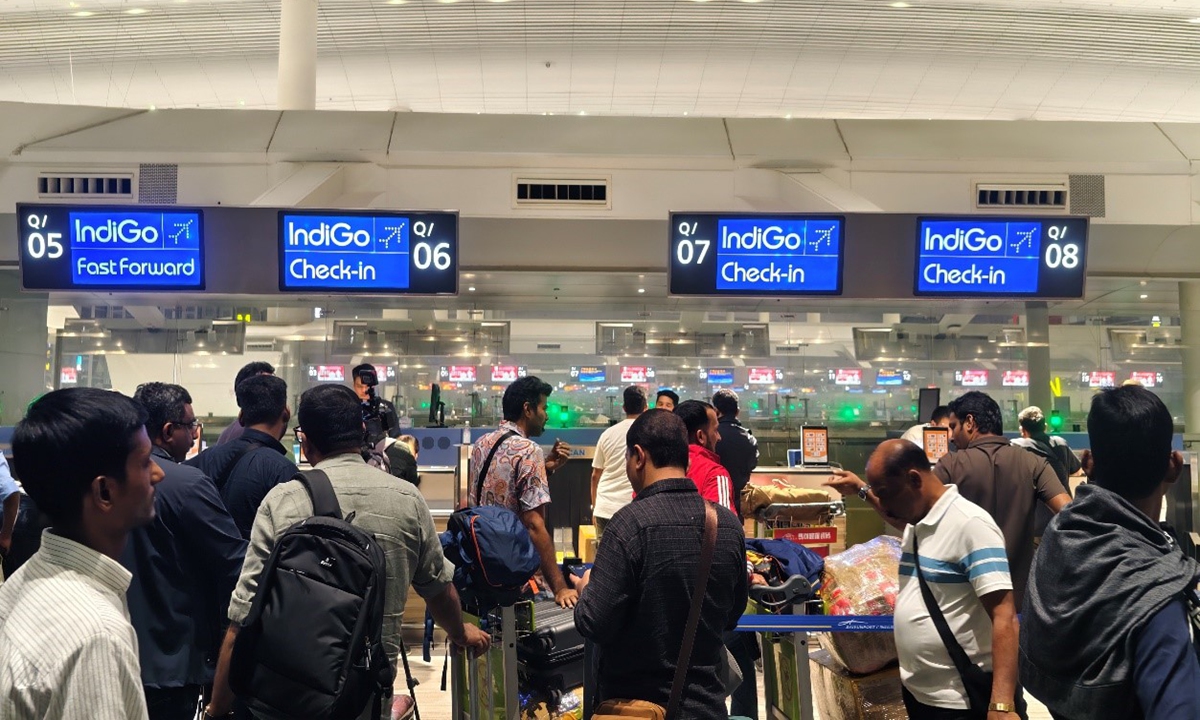
Liu Xuejun, PhD Candidate, Department of Public and International Affairs, City University of Hong Kong
Feb 05, 2026
Despite recent signs of stabilization in Sino-Indian relations at the national level, subnational cooperation between the two countries remains largely stagnant and closely constrained by broader bilateral dynamics. While local governments in both China and India have clear incentives and precedents for collaboration, political tensions, structural competition, and limited institutional follow-through continue to impede the revival and expansion of these ties.
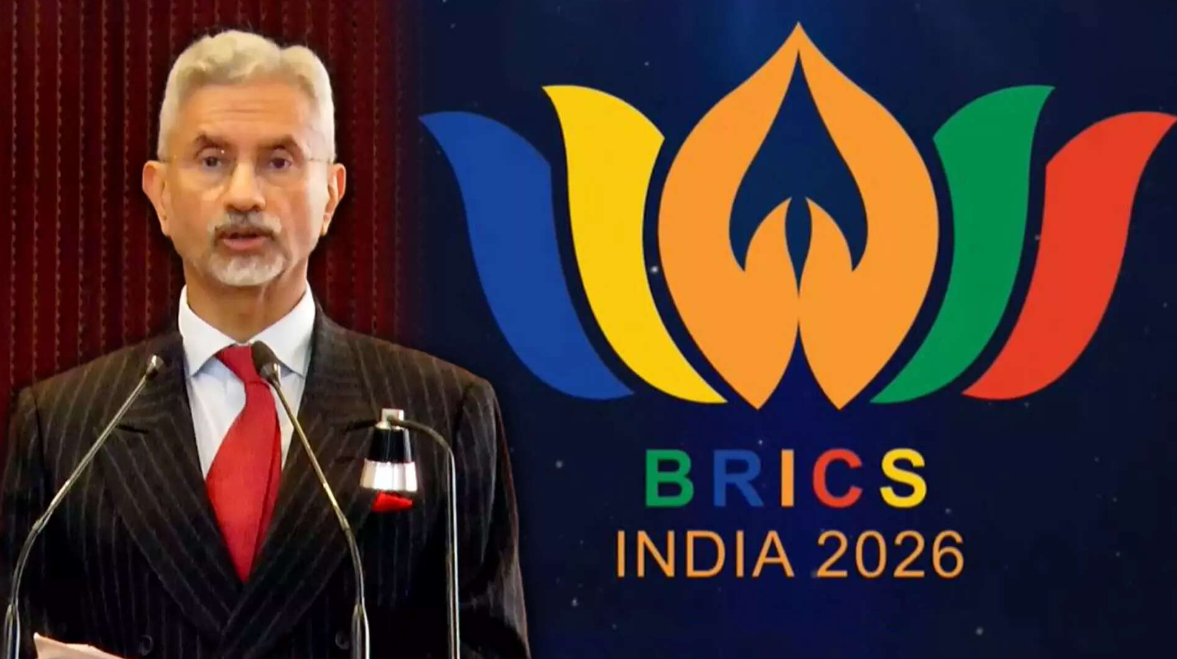
Brian Wong, Assistant Professor in Philosophy and Fellow at Centre on Contemporary China and the World, HKU and Rhodes Scholar
Feb 03, 2026
India’s 2026 BRICS chairship unfolds amid a fragile but continuing thaw in Sino-Indian relations that, despite unresolved territorial disputes, is opening space for de-politicized economic cooperation, supply chain realignment, talent and people-to-people exchanges, with Hong Kong positioned as a practical bridge for sustained engagement between the two countries.
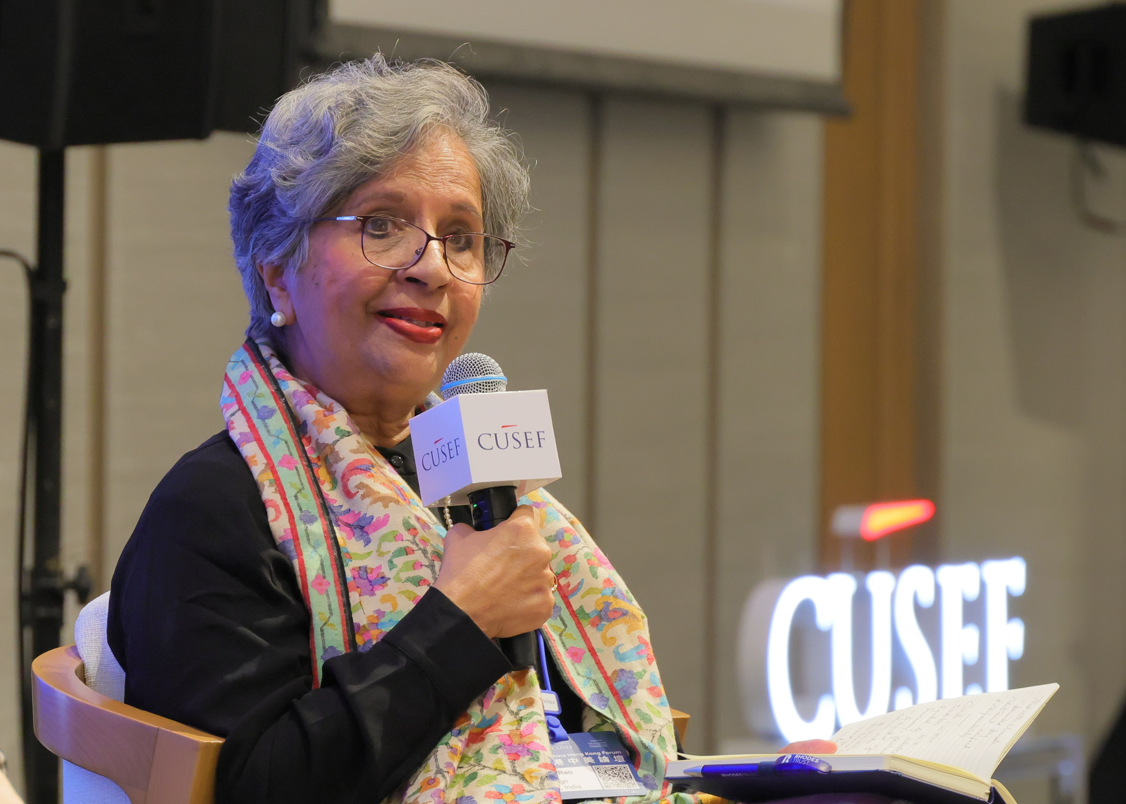
Nirupama Rao, 28th Foreign Secretary, India; former Ambassador of India to China and the United States
Nov 28, 2025
In the tense relationship between the United States and China, Hong Kong emerges as a middle space — a vantage point from which to imagine a way forward. The city’s unique position offers a metaphorical middle ground for dialogue, emphasising the need for new frameworks to navigate today’s complex rivalries.
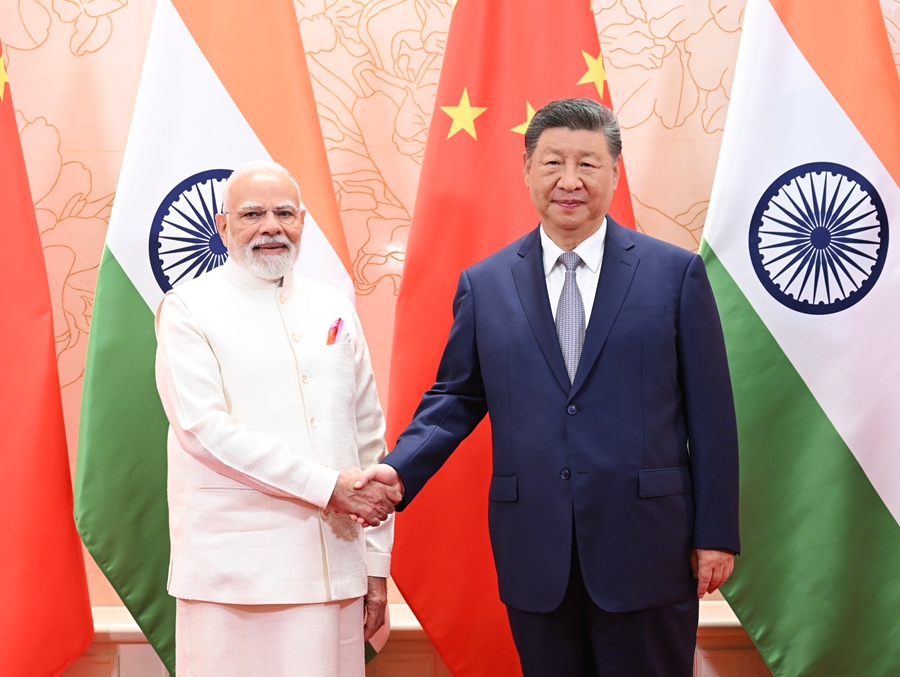
Brian Wong, Assistant Professor in Philosophy and Fellow at Centre on Contemporary China and the World, HKU and Rhodes Scholar
Oct 28, 2025
China and India’s tense relationship appears to be thawing in the face of hostile U.S. actions, but a true de-escalation is nowhere near the grasp of either side.
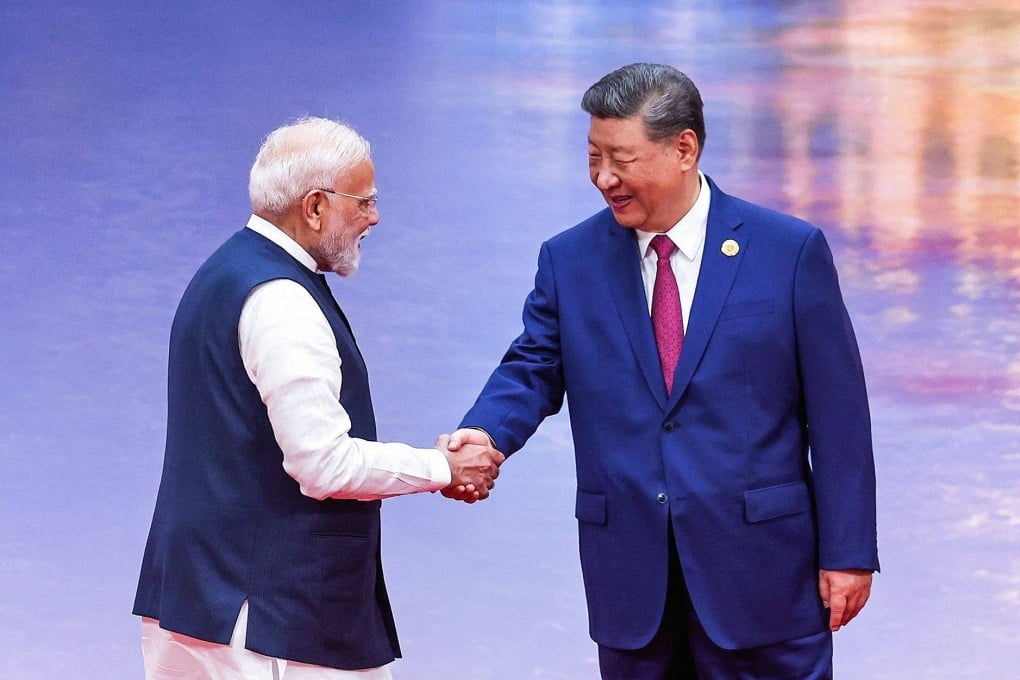
Richard Javad Heydarian, Professorial Chairholder in Geopolitics, Polytechnic University of the Philippines
Oct 24, 2025
Donald Trump’s protectionist policies and strained diplomacy have damaged U.S. relations with key allies, including India, which has responded by seeking closer ties with China. This emerging Sino-Indian rapprochement marks a potential shift toward a more multipolar global order led by Asian powers.
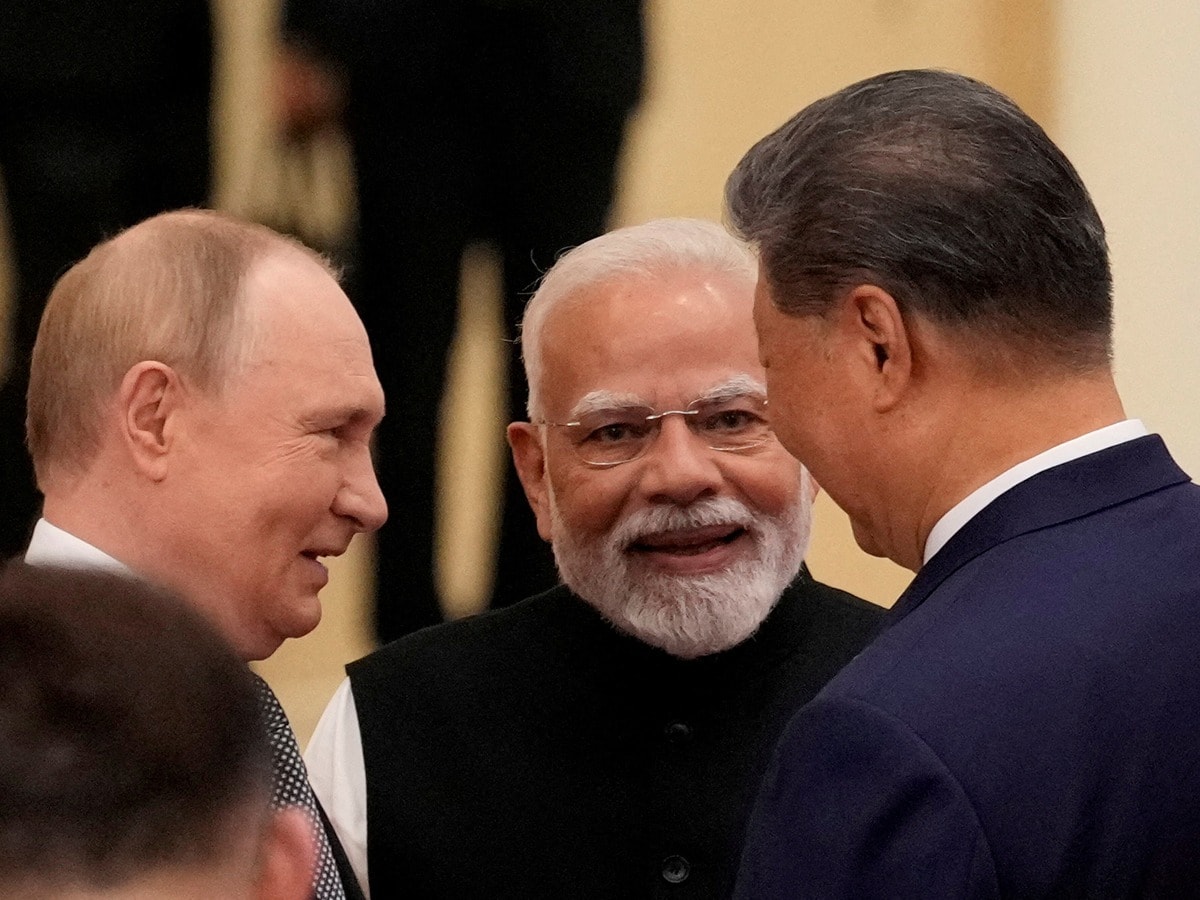
Leonardo Dinic, Expert in Geopolitics and International Business, the Future of Work, and Emerging Technologies
Sep 25, 2025
China and India are cautiously rebuilding ties after years of mistrust, with renewed border talks, restored flights, and revived trade, a shift accelerated by Trump’s steep tariffs on Indian goods. Instead of isolating Moscow’s partners, Washington’s selective approach appears to be driving the two Asian rivals closer together.
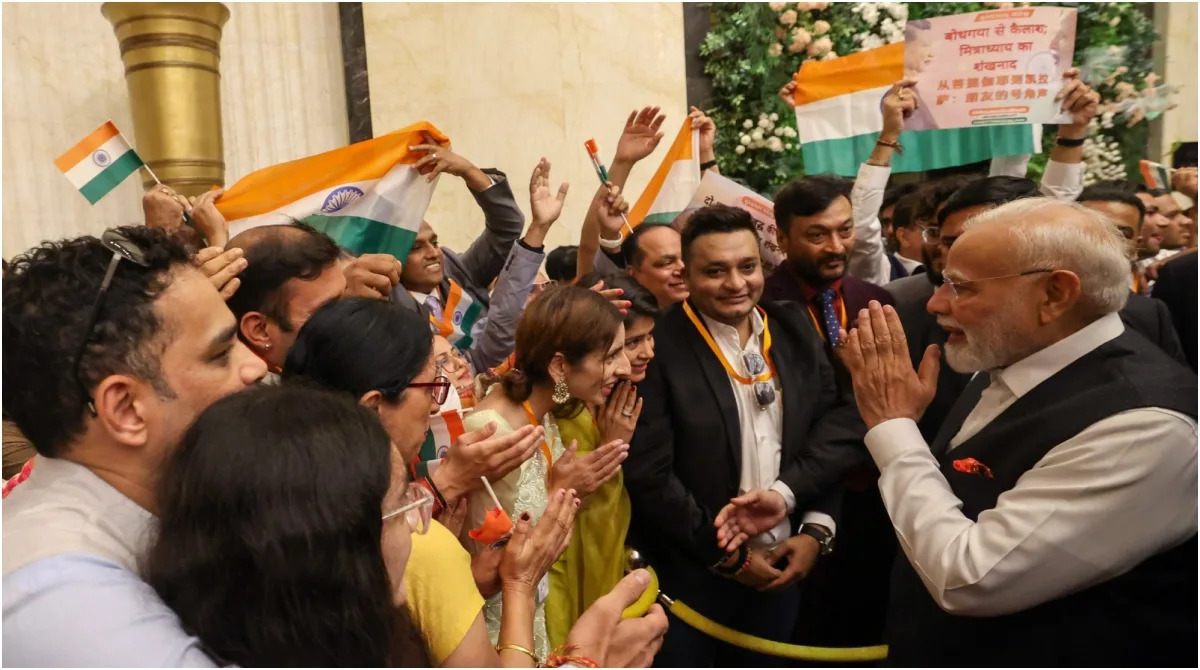
Ghulam Ali, PhD, Monash University, Australia
Sep 25, 2025
The China-India relationship deteriorated sharply after the Galwan Valley clash in June 2020, and the normalization process resumed following a meeting between President Xi Jinping and Prime Minister Modi on the sidelines of the BRICS Summit in Kazan on October 23, 2024. While analysts remain cautious about the rapprochement between the world’s most populous nations, there are various reasons to argue that this rapprochement will endure.
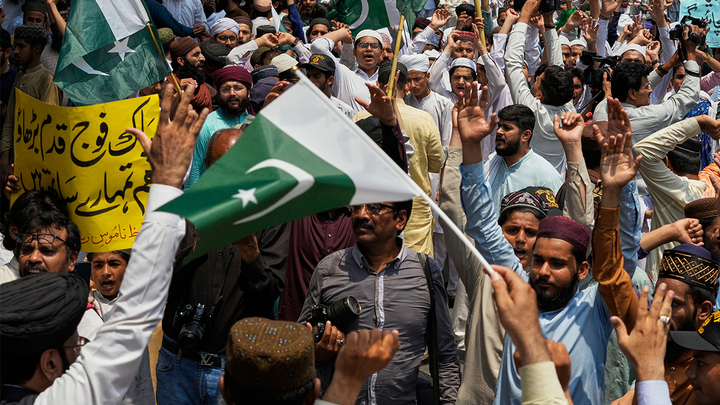
Adnan Aamir, Journalist and Researcher, Islamabad, Pakistan
Jul 04, 2025
The May conflict between India and Pakistan brought Chinese weaponry, particularly the J-10C fighter jet, into the global spotlight, as Pakistan used Chinese arms to shoot down Indian aircraft in a rare, real-world test of their battlefield effectiveness. This unexpected validation has boosted Chinese arms sales, strengthened China's defense ties with countries like Pakistan and Indonesia, and expanded Beijing’s geopolitical influence in South Asia at the expense of declining Western engagement.
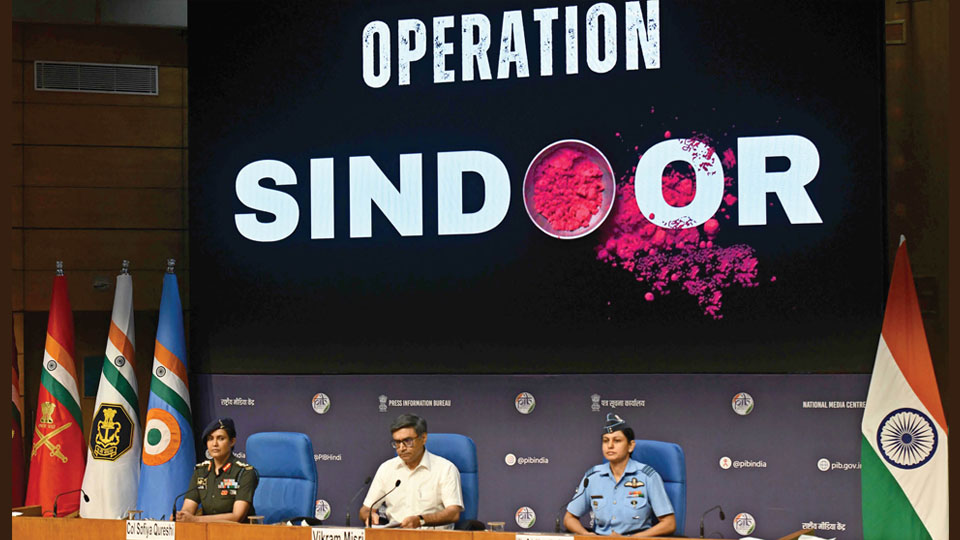
Sebastian Contin Trillo-Figueroa, Geopolitics Analyst in EU-Asia Relations and AsiaGlobal Fellow, The University of Hong Kong
May 09, 2025
India presents itself as a global leader and representative of the Global South, yet this contradicts its troubled relationships with immediate neighbors. Western powers overlook that because they view India as a counterbalance to China rather than scrutinizing its regional conduct and democratic backsliding.
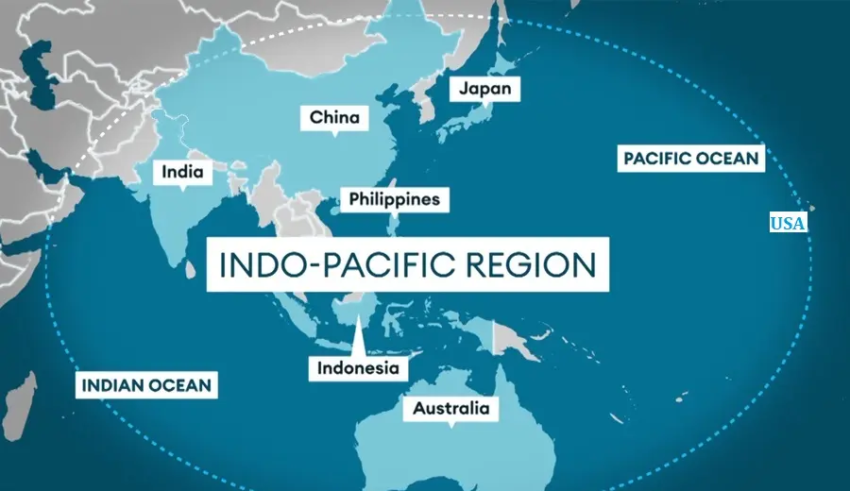
Zhang Tuosheng, Principal Researcher at Grandview Institution, and Academic Committee Member of Center for International Security and Strategy at Tsinghua University
Apr 10, 2025
Here are some suggestions for promoting peace, stability and development in the Asia Pacific region. For starters, to avoid bloc politics and confrontation or even a new cold war in the Asia Pacific, China, the U.S., Russia, Japan and India should actively develop new dialogues and exchanges and build on existing ones.
Back to Top

- China-US Focus builds trust and understanding between the U.S. and China through open dialogue among thought leaders.
- Our Offerings
- Topics
- Videos
- Podcasts
- Columnists
- Research Reports
- Focus Digest
- Stay Connected
-
Thanks for signing up!
- Get the latest stories from China-US Focus weekly.